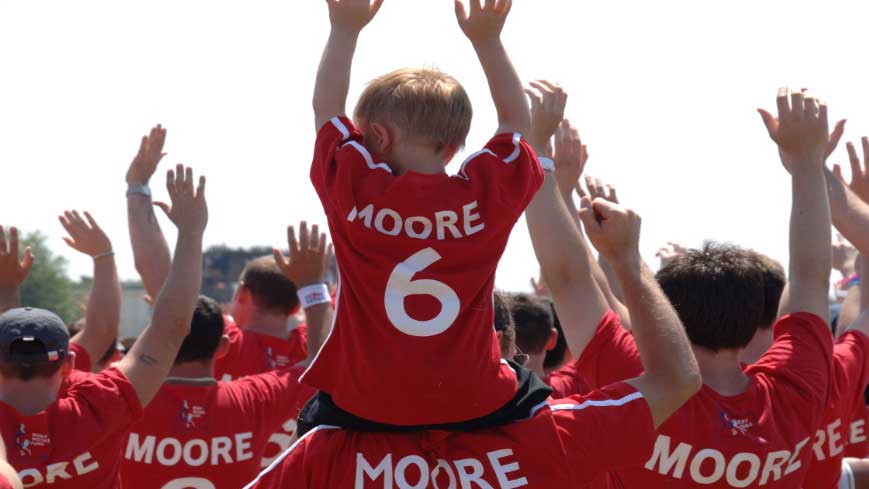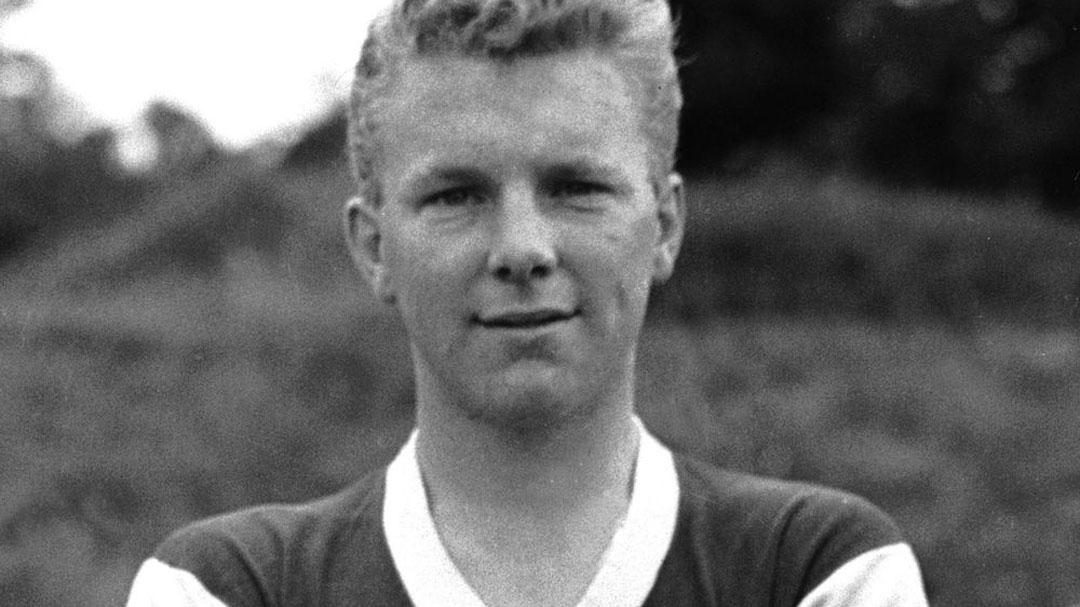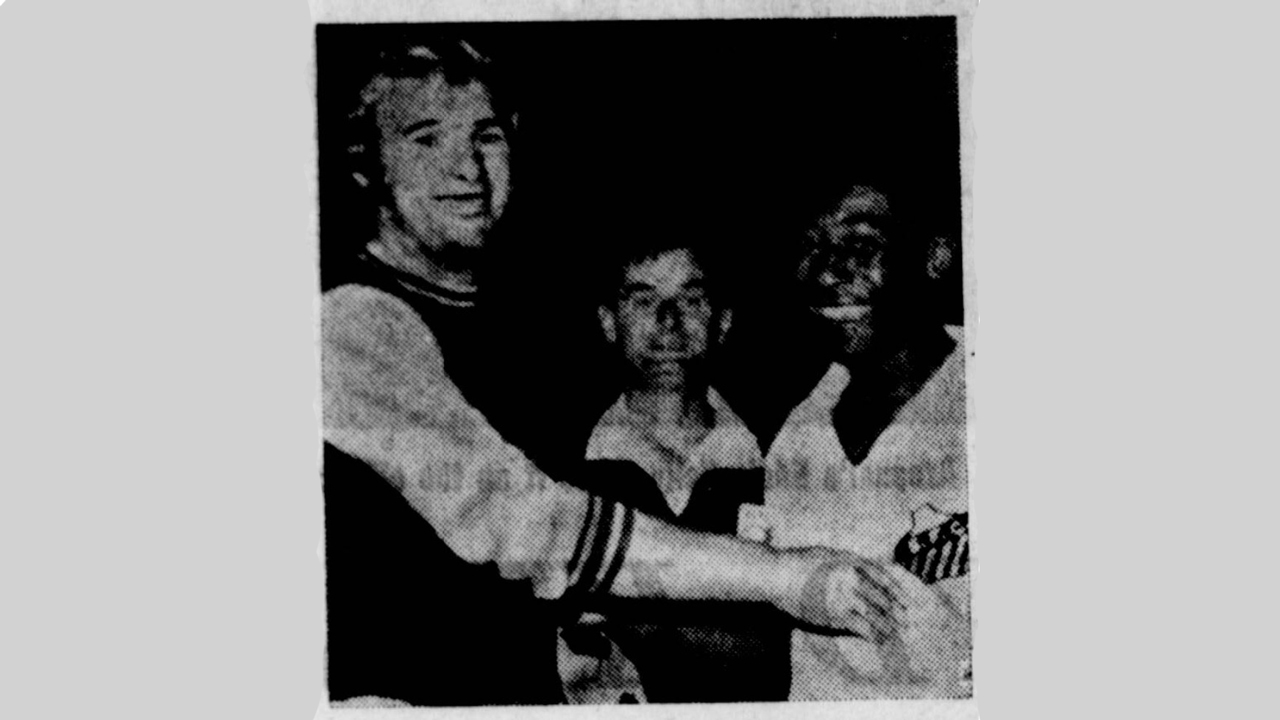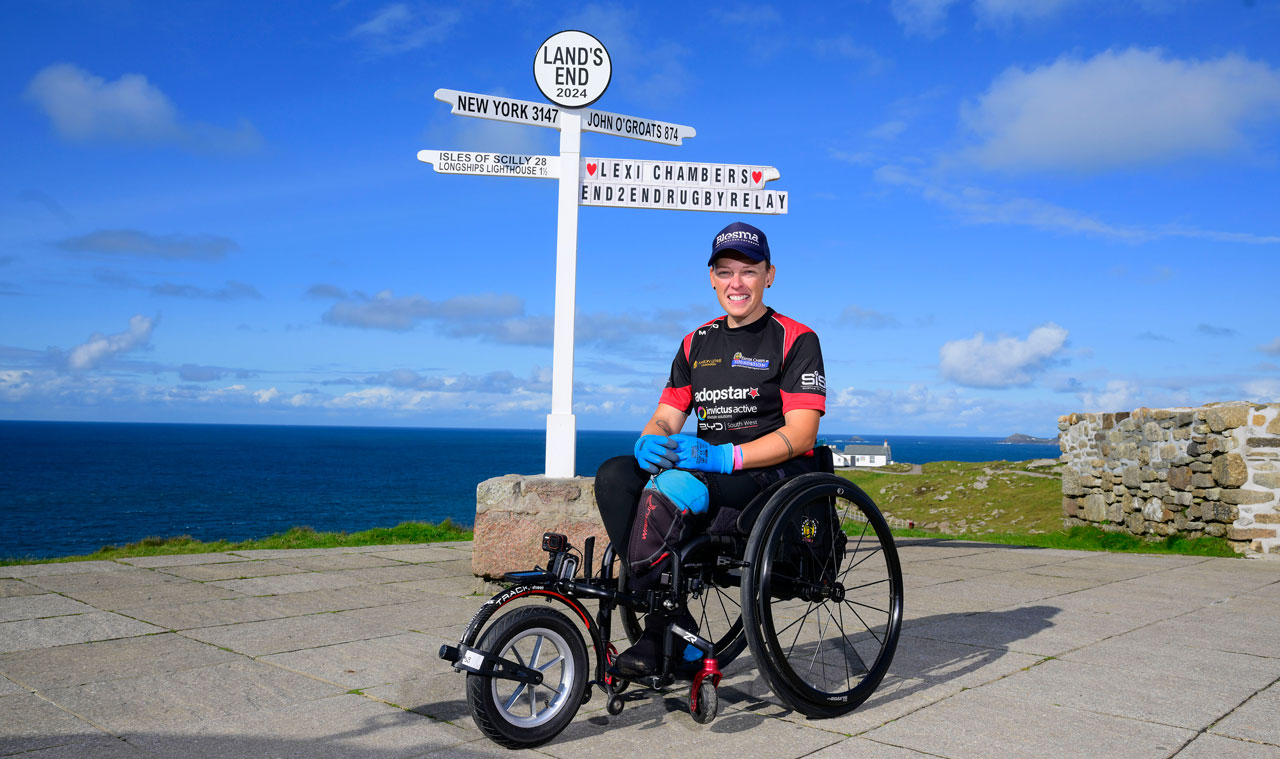An Official Charity Partner of West Ham United, the Bobby Moore Fund for Cancer Research UK has been tackling bowel cancer for three decades...
The Bobby Moore Fund for Cancer Research UK is tackling bowel cancer. We raise vital funds for bowel cancer research and increase public awareness of the disease. Money raised by the Bobby Moore Fund has already helped us investigate new ways to improve surgery and supported clinical trials to find better treatments.
It’s also helped us discover more about bowel cancer biology, laying the foundations for the development of new therapies to help people affected by bowel cancer.
But we aren’t stopping there, there’s still so much more we can do so people live longer, better lives. Bowel cancer is the second most common cause of cancer death in the UK and there are around 16,800 bowel cancer deaths in the UK every year (2017–19). That's 46 people every day – more than four football teams. Only through research will we find better ways to beat bowel cancer.
How you can help tackle bowel cancer
The Bobby Moore Fund’s flagship campaign, Football Shirt Friday, is back on Friday 26 April. West Ham fans, we’re calling on you to join the Football Shirt Friday squad!
It’s easy to get involved in the campaign: wear your favourite football shirt, share a selfie on your social media and donate £5 to tackle bowel cancer. Get your friends, colleagues and family involved too.
 To find out more head to footballshirtfriday.org Once you sign up, you’ll get your own giving page to fundraise online and a free downloadable fundraising pack with plenty of ideas to support you to score your goals.
To find out more head to footballshirtfriday.org Once you sign up, you’ll get your own giving page to fundraise online and a free downloadable fundraising pack with plenty of ideas to support you to score your goals.
April is Bowel Cancer Awareness Month, so if you can’t take part on 26 April, just choose any other day.
100% of the money raised from Football Shirt Friday will fund pioneering bowel cancer research.
Help us give bowel cancer the boot – sign up today by visiting the website or scanning the QR code.
We don’t need to tell you how important kit is. Wearing yours for Football Shirt Friday helps the Bobby Moore Fund tackle bowel cancer.
And there’s another kind of kit that helps people affected by bowel cancer. The ‘FIT’ kit is used in the bowel cancer screening programme. It looks for early signs of bowel cancer in people without symptoms, like John, who shares his story here. It can help diagnose bowel cancer at an early stage, when treatment is more likely to be successful.
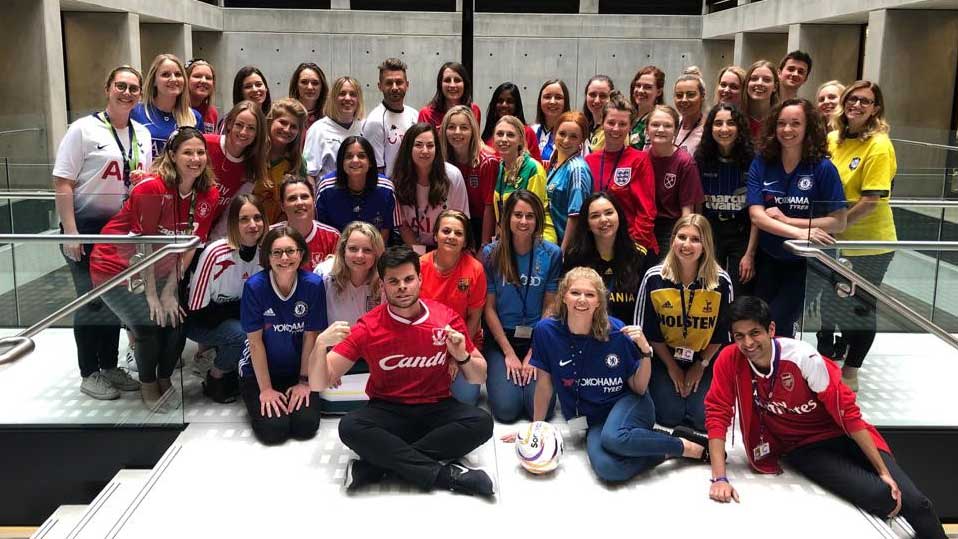
Take possession
Make sure you’re registered with a GP to be invited for bowel screening. You’ll be sent your first kit in the post between the ages of 50 and 60, along with information to help you decide whether you want to take part.
Stay in the game
We encourage people to take part in bowel screening and you’ll be sent a kit every two years up until the age of 74.
But no matter your age, don’t ignore any unusual changes. Bowel cancer symptoms can include blood in your poo, a change in your normal bowel habits, losing weight without trying to and pain in your abdomen or back passage.
Whether it’s listed here or not, and even if you’ve been screened recently or you are due for screening, tell your doctor if something’s not quite right.
Teamwork
Some people may find this topic embarrassing to talk about, but spotting bowel cancer early saves lives. Talk to your friends and family about bowel screening and help more people to live longer, better lives.
John's story
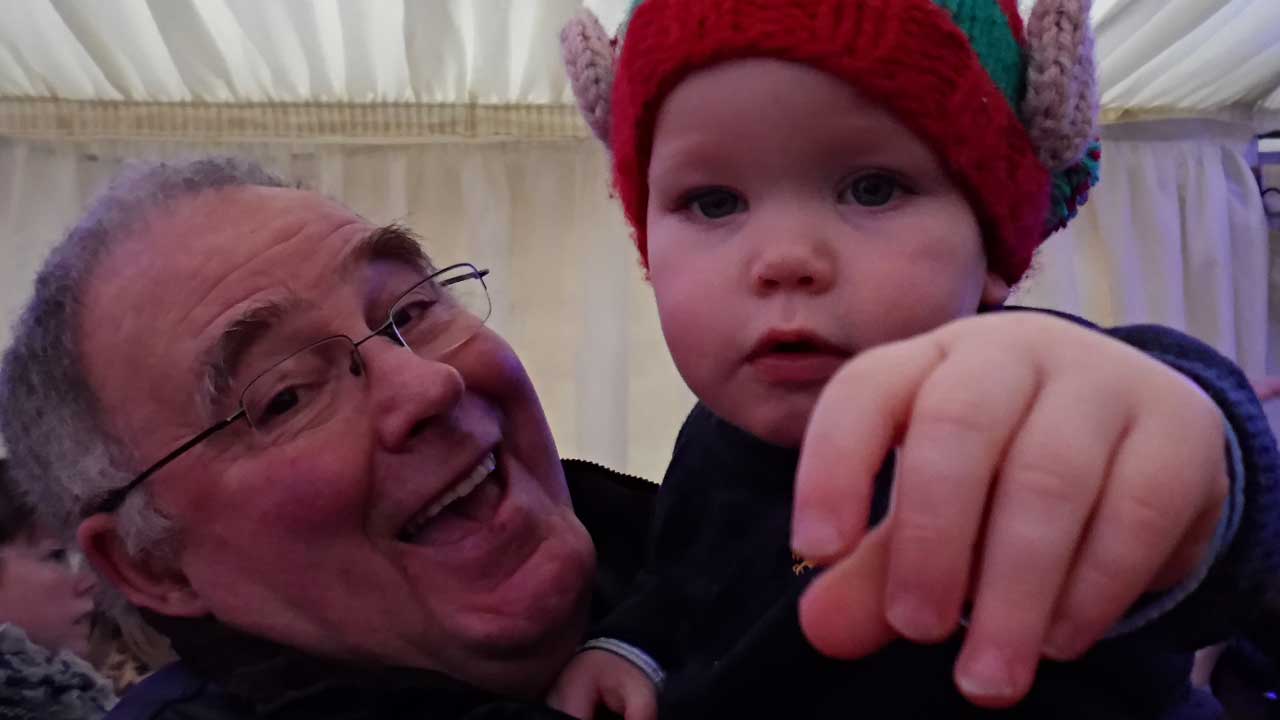
John had just turned 60 when he received a bowel screening kit in the post. At first, he left it sitting on the table as he was busy with a full-time job and felt fine.
But one day he remembered the kit. After sending it back, he was asked to do another, and then a colonoscopy before being diagnosed with bowel cancer. He had surgery to remove the large tumour and was carefully monitored for five years after his operation.
Now, John’s back to doing what he loves spending time with his family, especially his grandchildren and great grandchildren. He said, “If I’d not sent the kit off, I don’t think I’d be here now. I believe the kit saved my life and I’m able to spend time with my sons, grandchildren and great-grandchild. There had not been any history of bowel cancer in my family before, so now I tell everyone who wants to do the test not to put it off.”
